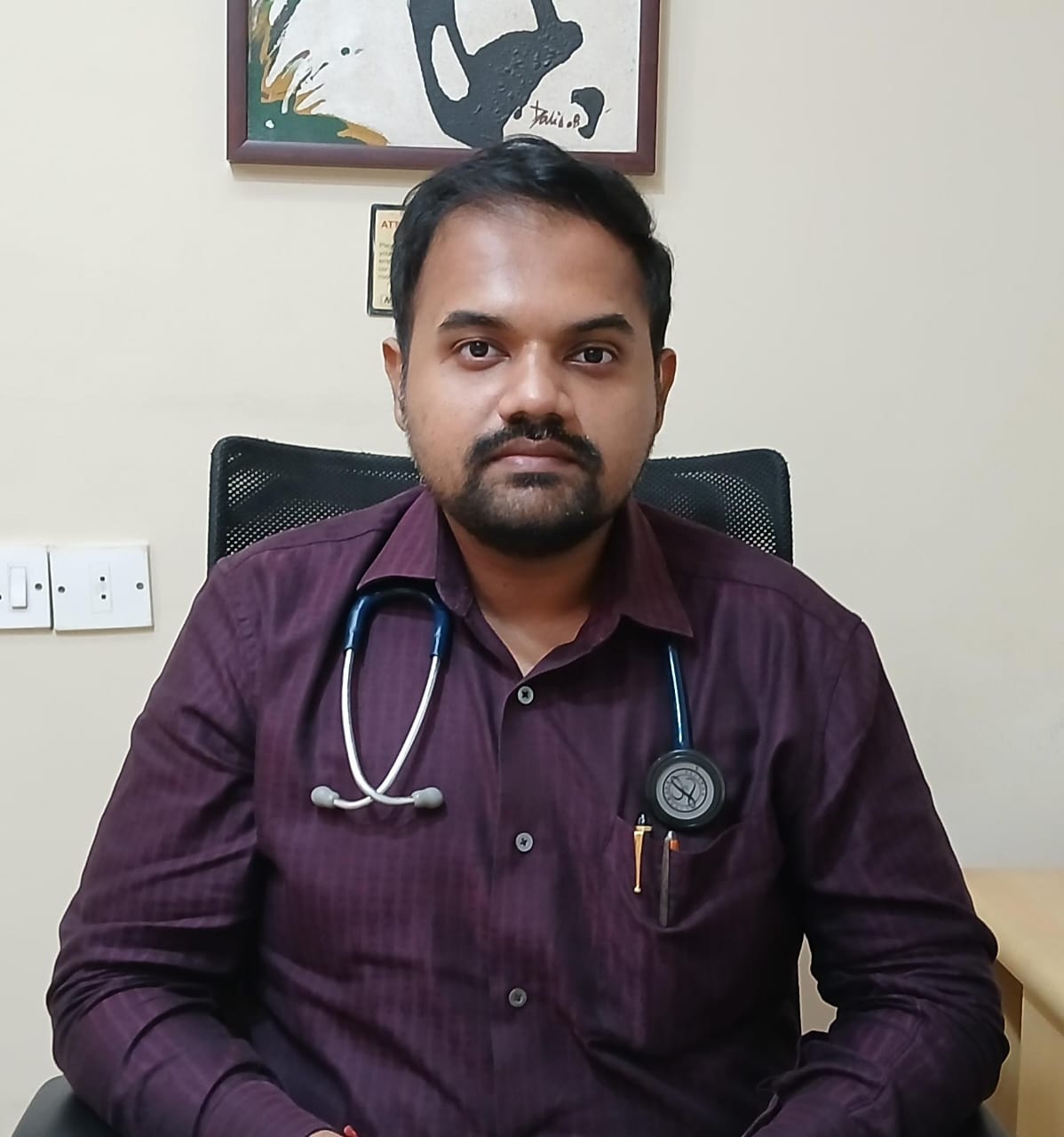Nephrology Department
Nephrology
Nephrology focuses on diagnosing and managing kidney diseases, including chronic kidney disease, kidney stones, and hypertension-related issues. Nephrologists work to improve kidney function and overall well-being.
Nephrology is the branch of medicine that deals with the diagnosis, treatment, and management of disorders and diseases related to the kidneys and urinary system.
Dr Indradip Maity
Nephrologist -Kidney Transplant, Dialysis Specialist
- MBBS , MD (internal medicine) gold medal , DM nephrology (AIIMS, New Delhi)
- Nephrology
- 15 + Years
- Apollo Gleneagles Hospital, Kadapara, Phool Bagan,kolkata
- Rs 1000
Featured Doctors
-
Dr. Binidra Banerjee
Gastroenterologist
-
Dr. S.N Bhattacharjee
Consultant ENT
-
Dr. Md Tipu Sultan
Dentist
-
Dr. A Bhattacharya
Dermatologist
-
Dr. Angsula Naha
Consultant Obstetrician , Gynecologist & Laparoscopic Surgeon
-
Dr. Siddhartha Mani
Consultant Cardiologist
-
Dr. Monotosh Panja
Consultant Cardiologist
-
Dr. Sumanta Chatterjee
Cardiac Surgeon
-
Dr. Binayak Deb
Consultant Cardiologist
-
Dr. Tridib Chowdhury
Consultant Neurologist











